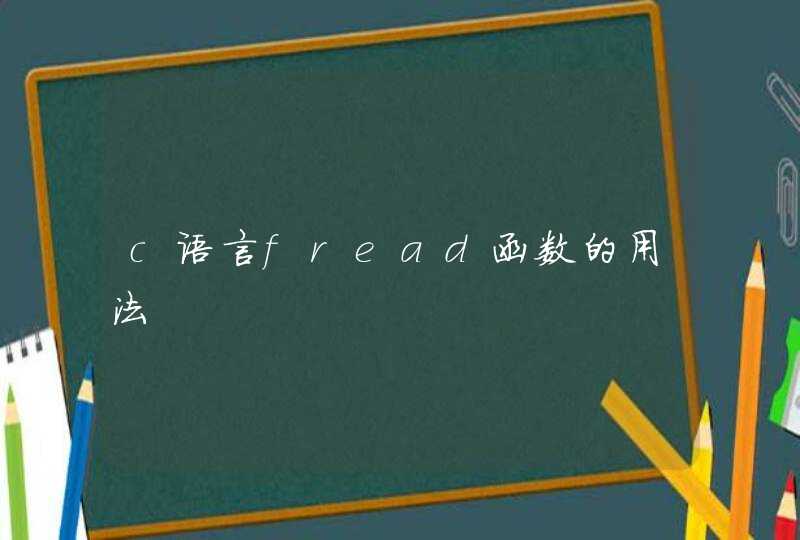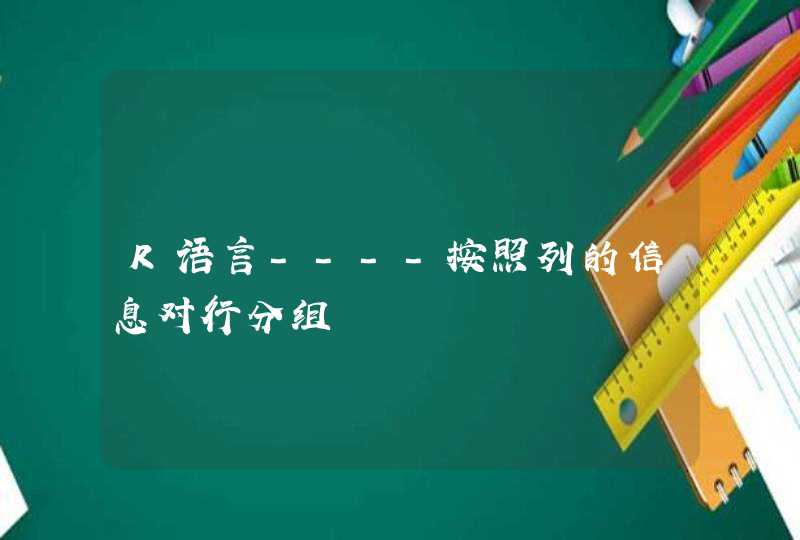
#include "stdlib.h" ---为exit()函数提供原型; #include "string.h"---字符串处理函数原型; #include "ctype.h"---字符处理函数原型; #define ROWS 256
#define COLS 32---定义“字典”的大小:可存放256个单词,每个单词的长度不超过31
static FILE *fp---定义文件指针:内部链接,文件作用域;
static char a[ROWS][COLS]---定义数组:内部链接,文件作用域;该数组的作用是将文件的内容复制进来,并加以处理。因为处理数组比处理文件方便。
char get_option(void)---接收用户的选项,防止误操作。若输入“a”(不包括引号),那么将视为选项a
int b(int count)---完成选项b的作用--接收新单词;
void c(char *pt[], int count)---完成选项c的作用--通过指针对数组排序,实际数组元素位置未改变;
int check(char arr[], int count)---对输入的单词进行分辨,若输入 ni hao ,将视为单词 ni ,并且提示并剔除重复的单词;
void storage(char *pt[], int count)---在程序结束之前重新排序存储数组中的单词到文件中。
#include "stdio.h" #include "stdlib.h" #include "string.h" #include "ctype.h" #define ROWS 256 #define COLS 32 static FILE *fp
static char a[ROWS][COLS] char get_option(void) int b(int count)
void c(char *pt[], int count) int check(char arr[], int count) void storage(char *pt[], int count) int main(void) {
int i,count int start
char *pt[ROWS] char ch, len char input
if((fp=fopen("words.txt","a+"))==NULL) {
fputs("不能打开或建立文件!\n",stderr) exit(1) }
fseek(fp,0L,SEEK_END) start=(int)ftell(fp)/32 count=start rewind(fp)
if(fread(a,32*sizeof(char),start,fp)==0) { i=0
puts("开始创建词库")
puts("请输入单词(每行一个)")
puts("在新行输入END结束输入:") while(i<ROWS&&scanf("%s", a[i])==1) {
fflush(stdin)
if(strncmp(a[i],"END",3)==0) {
count+=i break
}
if(check(a[i], i)) continue i++ } }
puts("\t\t*********************欢迎使用字典排版系统*******************\n\n")
puts(" MENU ")puts("您要做些什么?")
puts("a. 显示已有的单词 b. 添加新单词") puts("c. 对已有的单词进行排序 d. 退出")
puts("\n\n\t\t**********************************************************\n")while((input=get_option())!='d')
{
if(input=='a') { puts("已有的单词:") for(i=0i<counti++)
{
printf(" ") puts(a[i]) } }
if(input=='b')
{
puts("开始创建词库")
puts("请输入新的单词(每行一个)")puts("在新行输入END结束输入: ") count=b(count) }
if(input=='c') {
puts("对单词进行排序:") c(pt, count)
for(i=0i<counti++) {
printf(" ") puts(pt[i]) } }
puts("还要做些什么?") }
storage(pt,count) fclose(fp)
puts("谢谢使用,再见!")
return 0 }
char get_option(void) {
char ch
while((ch=getchar())<'a'||ch>'d') {
while((ch=getchar())!='\n')
puts("请输入a,b,c或者d.") }
fflush(stdin)
return ch }
int b(int count) { int i
i=count
while(i<ROWS&&scanf("%s", a[i])==1) {
fflush(stdin) if(check(a[i], i)) continue
if(strncmp(a[i],"END",3)==0) {
count=i break } i++ }
return count }
void c(char *pt[], int count) { int i,j
char *temp
for(i=0i<ROWSi++) pt[i]=a[i]
for(i=0i<counti++) for(j=i+1j<countj++) {
if(strcmp(pt[i],pt[j])>0) {
temp=pt[i] pt[i]=pt[j] pt[j]=temp } } }
int check(char arr[], int count) { int i
int flag=0
for(i=0i<strlen(arr)i++) if(isalpha(arr[i])==0) {
printf("%s不是一个单词.\n",arr) flag=1 break }
for(i=0i<counti++)
if(strncmp(a[i],a[count],strlen(a[count])+1)==0) {
puts("重复的单词!") flag=1 }
return flag }
void storage(char *pt[], int count) { int i,j
char ptr[ROWS][COLS]
c(pt, count)
for(i=0i<counti++)
for(j=0pt[i][j]!='\0'j++) ptr[i][j]=pt[i][j]
fp=fopen("words.txt","w+") rewind(fp)
fwrite(ptr,32*sizeof(char),count,fp) }
说明:原题目中的const要删除,否则过不了编译。因为const了就不能排序了…… #include #include "string.h"int GetWords(char *sentence, char *words[])void SortStrings(char *strs[], int count)//const int main(int argc,char *argv[]){ char str[200]int nWords = 0char *words[20]int iprintf("input a string: ")gets(str)nWords = GetWords(str,words)SortStrings(words, nWords)puts("output:")for(i=0i0) k=jif(k-i) p=strs[i],strs[i]=strs[k],strs[k]=p} /******end******/} 执行结果如下:#include <iostream>
#include <fstream>
#include <vector>
#include <string>
#include <algorithm>
#include <iterator>
using namespace std
int main(int argc, char *argv[])
{
if (argc != 3) {
cout<<"need two param\nexample: sort file.in file.out"<<endl
}
ifstream in(argv[1])
ofstream out(argv[2])
//read in and sort
istream_iterator<string>it_file(in)
istream_iterator<string>end_of_stream
vector<string>vec(it_file, end_of_stream)
sort(vec.begin(), vec.end())
//output
ostream_iterator<string>output(out, " ")
unique_copy(vec.begin(), vec.end(), output)
in.close()
out.close()
return 0
}




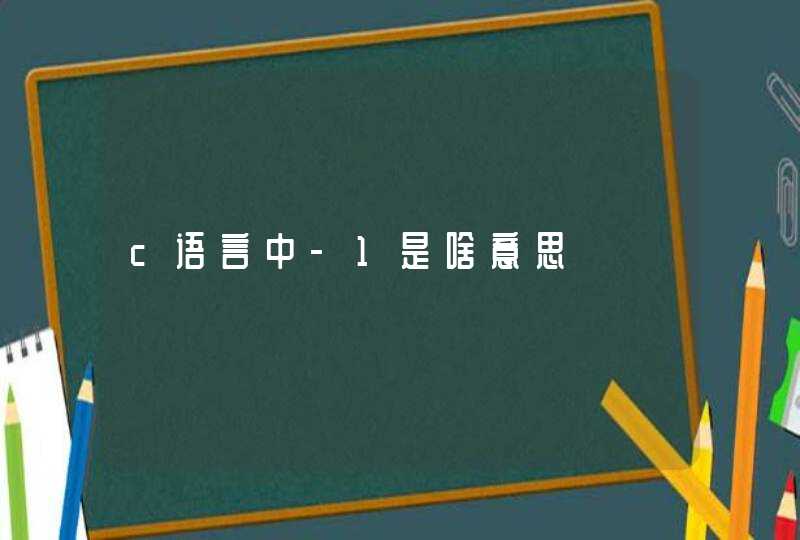




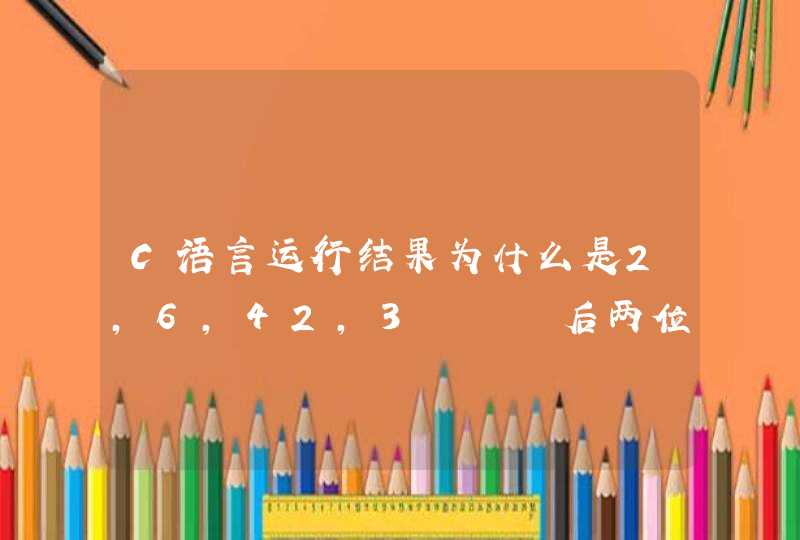
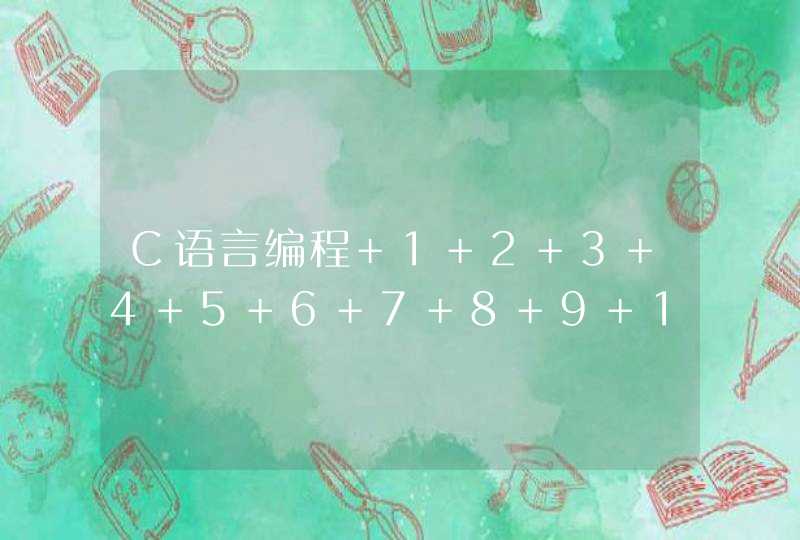

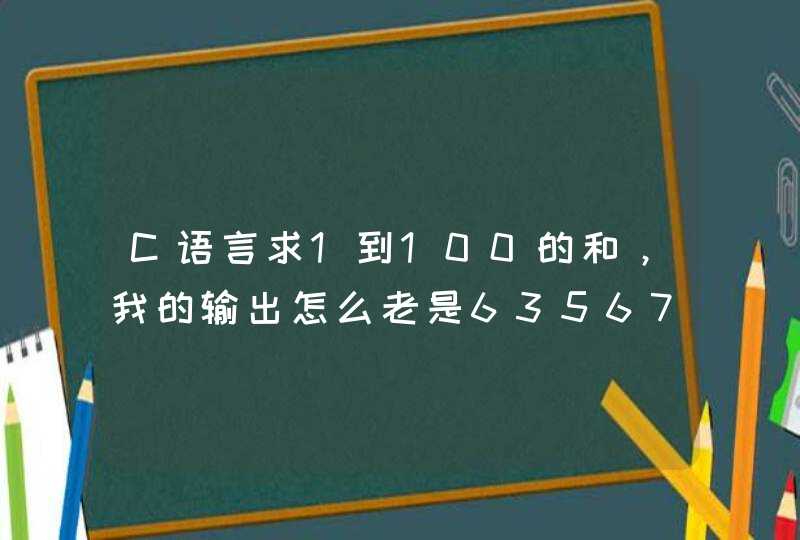
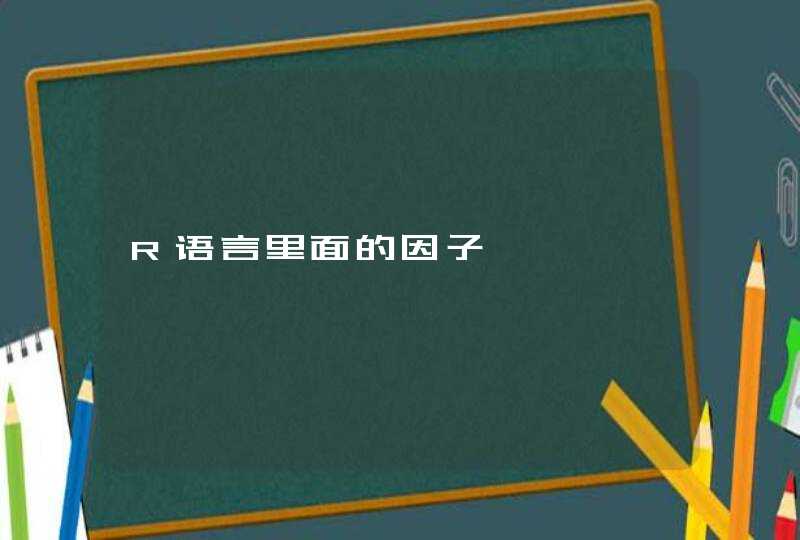
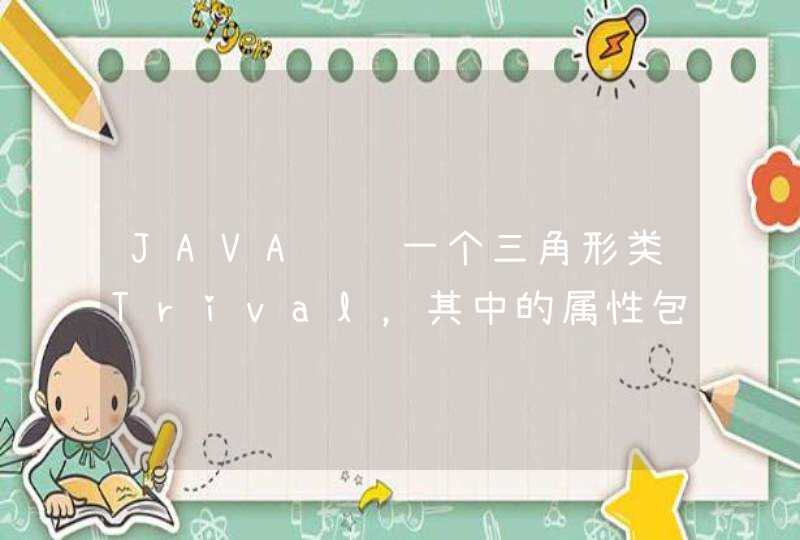

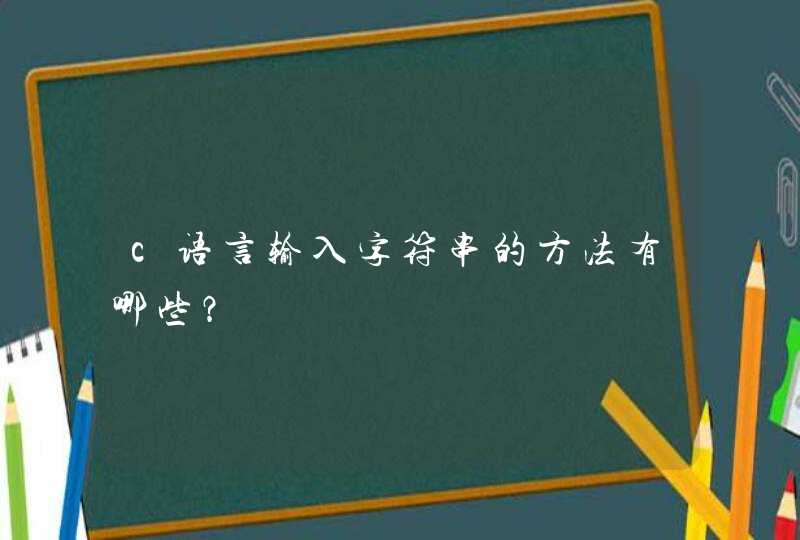















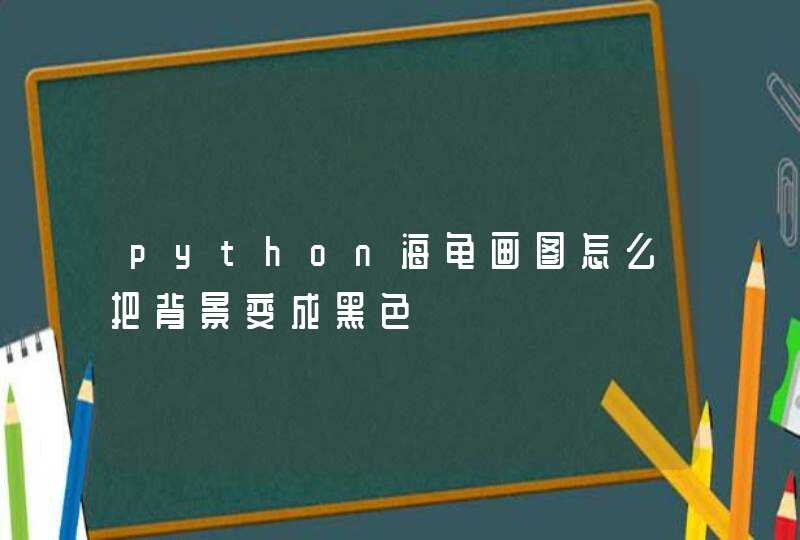





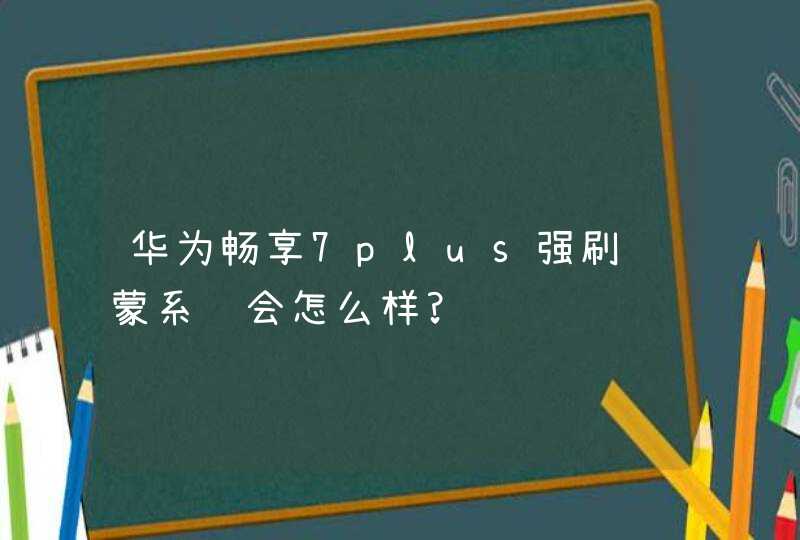



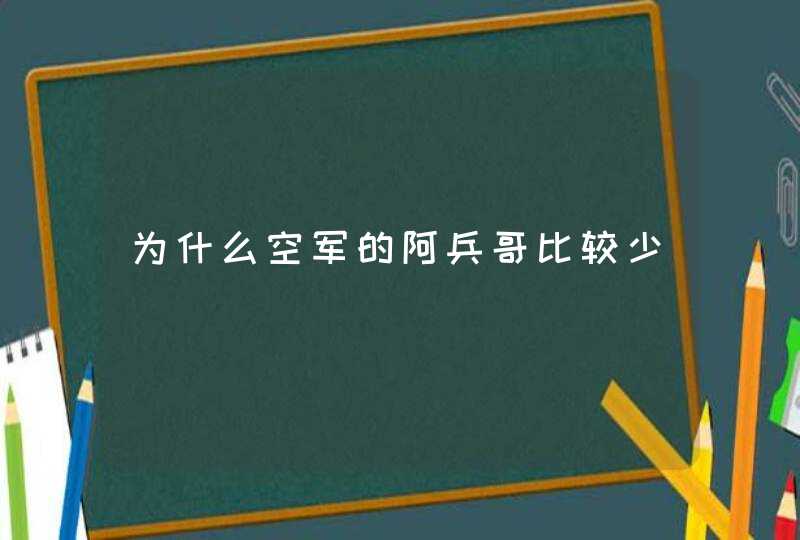








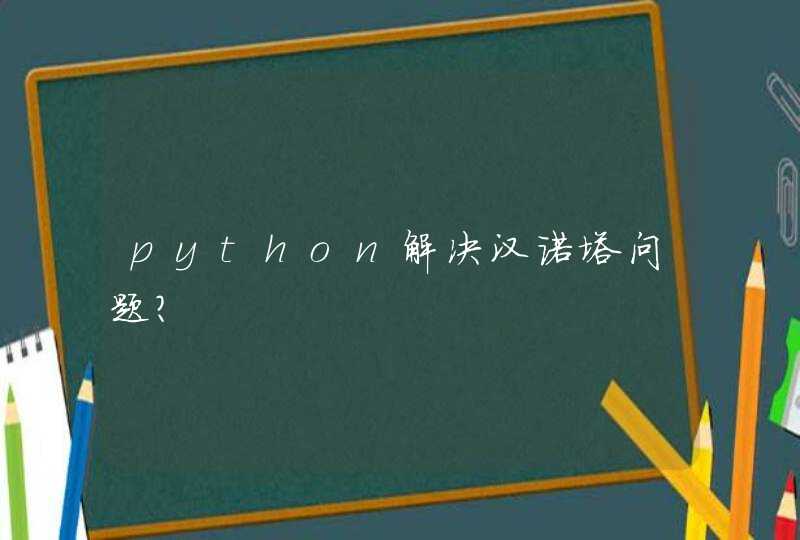


![如何让python程序在命令行不输入扩展名就能运行?[已解决]](/aiimages/%E5%A6%82%E4%BD%95%E8%AE%A9python%E7%A8%8B%E5%BA%8F%E5%9C%A8%E5%91%BD%E4%BB%A4%E8%A1%8C%E4%B8%8D%E8%BE%93%E5%85%A5%E6%89%A9%E5%B1%95%E5%90%8D%E5%B0%B1%E8%83%BD%E8%BF%90%E8%A1%8C%3F%5B%E5%B7%B2%E8%A7%A3%E5%86%B3%5D.png)






